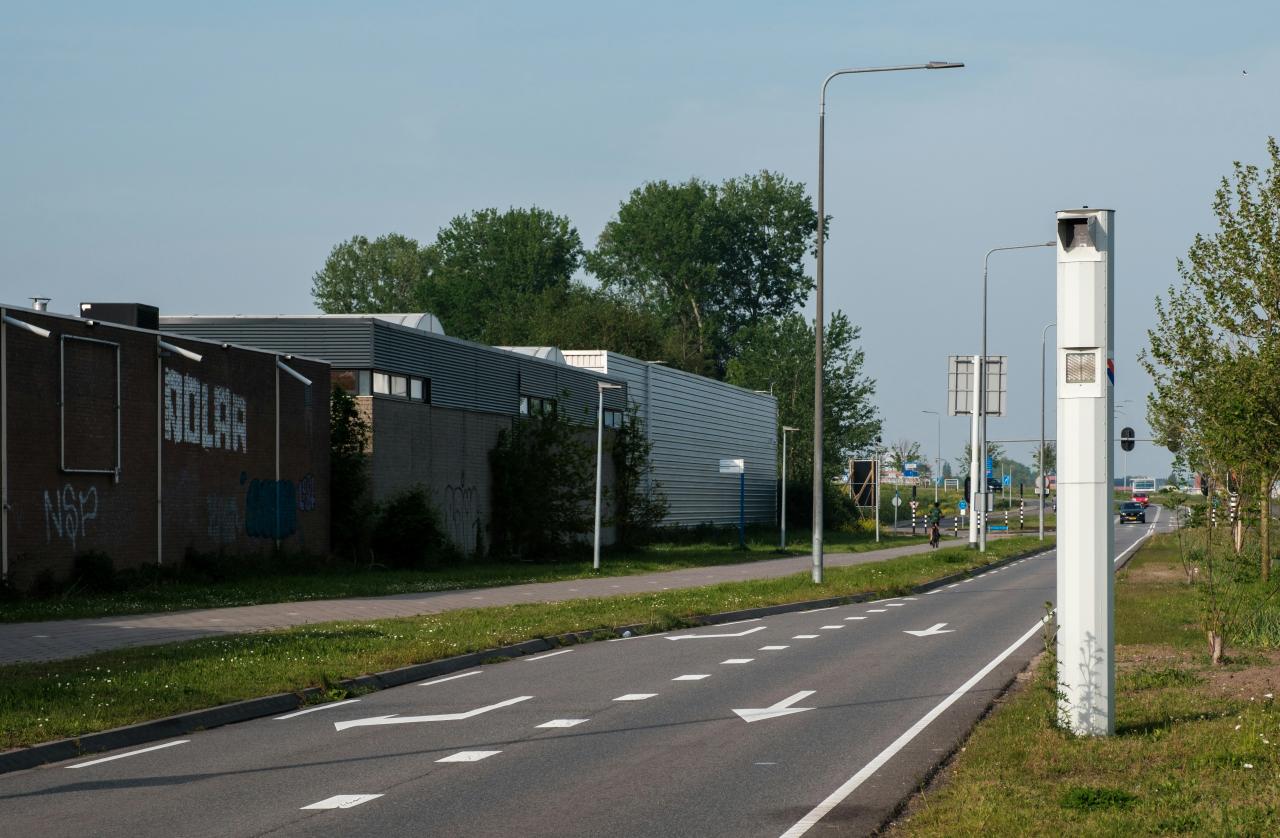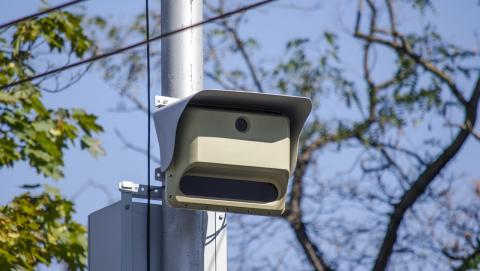
AMO’s Response to the Planned Automated Speed Enforcement Ban
Key Insights:
- Premier Ford announced a province-wide ban on municipal automated speed enforcement (ASE) cameras, which will be included in a fall Bill and, if passed, would take effect upon Royal Assent.
- AMO is disappointed with the decision, highlighting that ASE cameras have a proven record of increasing road safety, free up police to focus on other crimes, and are paid for by speeders, not taxpayers. A ban is provincial over-reach.
- AMO will advocate against the ban. It will also gather data from municipalities to quantify the ban’s financial impact. This data will be used to request that the province fund the costs.
AMO’s Response to the Planned Automated Speed Enforcement Ban
Yesterday, Premier Ford announced a province-wide ban on municipal ASE cameras. The ban, to be introduced in a fall Bill, would take effect upon Royal Assent if passed. Other elements of the plan include:
- Requirements for signs. Municipalities with existing ASE cameras in school zones must install large new signs to slow down drivers by mid-November 2025, with permanent, large signs with flashing lights to be in place by September 2026.
- A new provincial fund. A fund will be created for impacted municipalities to implement traffic calming road improvements, such as speed bumps, roundabouts, and signage, as well as public education initiatives.
AMO is disappointed the Premier is taking steps to ban municipal ASE. There is strong evidence showing that ASE cameras work. People slow down, making our roads safer and protecting all of us – especially kids. We all care about road safety, but we also care about community safety. ASE also frees up police to focus on high priority crime which is what Ontarians want. Speeders – not taxpayers – pay the cost. If there’s an issue of fairness or how the cameras are used, municipalities with AMO can work together with the province to address it. We can have safer streets, efficient enforcement, and fair enforcement. Further, municipalities need a broad range of tools to improve road safety. We are also concerned about continued provincial over-reach. This should be a local decision. Municipalities are an accountable, elected order of government.
AMO will continue to engage with the Ministry of Transportation, sharing our sector’s concerns about a province-wide municipal ban and offering advice on potential program improvements. We will also provide comments to the Bill’s Standing Committee. Our goal is to advocate for working with the province to improve – not ban – the ASE program.
As a next step, we will ask municipalities with ASE programs for data to quantify the financial impact of a ban, which will support our request for the province to fund the costs of their imposed ban if it proceeds.



